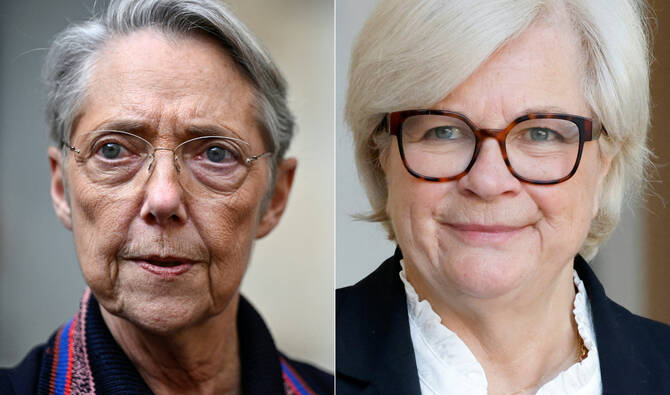DHAKA: Bangladeshi authorities on Saturday raised the alarm over increasing numbers of Rohingya refugees taking risky boat journeys to flee the coastal district of Cox’s Bazar.
Bangladesh hosts more than 1.3 million Rohingya Muslims, who, for decades, have fled neighboring Myanmar to escape persecution, especially during a military crackdown in 2017. The majority of them live in Cox’s Bazar in eastern Bangladesh, which has become the world’s largest refugee settlement.
Over the years, humanitarian conditions in Cox’s Bazar’s cramped refugee camps have been deteriorating, with aid continuously declining since the COVID-19 pandemic.
Nearly one in five people attempting to flee the settlement by sea have been reported as dead or missing so far in 2025, according to UNHCR, the UN’s refugee agency.
Two boats which capsized on May 9 and 10 were carrying a total of 514 Rohingya refugees from Cox’s Bazar and Myanmar’s Rakhine state, according to UNHCR, which estimates that at least 427 of them died.
“The ongoing funding crisis for the Rohingya is severely hampering the lives of Rohingya in the camps in Cox’s Bazar, which fueled the desperation for the perilous sea journey,” Mizanur Rahman, refugee relief and repatriation commissioner in Cox’s Bazar, told Arab News.
“Every aspect of their lives — food, livelihood, health, and so on — has been severely impacted. Most importantly, it has darkened their future also. They are at a loss what to do. The uncertainty in their lives triggered many of them to (undertake) the risky sea journeys towards unknown destinations.”
Over the past few years, UNHCR has documented thousands of Rohingya refugees embarking on deadly sea journeys from Bangladesh — and, to a lesser extent, from Myanmar — and reported hundreds dying or going missing.
The Rohingya, a mostly Muslim ethnic minority, lived for centuries in Myanmar’s western Rakhine state but were stripped of their citizenship in the 1980s. Since then, many of them have fled to Bangladesh, where they are almost entirely reliant on humanitarian aid.
Despite multiple attempts by Bangladeshi authorities, the UN-backed repatriation and resettlement process of the Rohingya has so far failed to take off.
In 2025, aid for the Rohingya faced another cut after US President Donald Trump’s administration announced it was eliminating most US aid globally. Washington was the largest donor of foreign aid to the Rohingya last year, contributing $301 million — 55 percent of all foreign aid received.
UNHCR requires $383 million in 2025 to “stabilize the lives of refugees and their host communities” across Bangladesh, India, Indonesia, Malaysia, and Thailand, as well as those displaced inside Myanmar. But, as of Friday, it had secured only 30 percent of that amount.
The deadly boat accidents earlier this month may have been fueled by “extreme desperation,” UNHCR said, highlighting that it occurred during the monsoon season, which is a particularly dangerous time for boat travel in the region.
“The dire humanitarian situation, exacerbated by funding cuts, is having a devastating impact on the lives of Rohingya, with more and more resorting to dangerous journeys to seek safety, protection and a dignified life for themselves and their families,” said Hai Kyung Jun, UNHCR director for Asia and the Pacific.
“The latest tragedy is a chilling reminder that access to meaningful protection, especially in countries of first asylum, as well as responsibility sharing and collective efforts along sea routes, are essential to saving lives.”

























